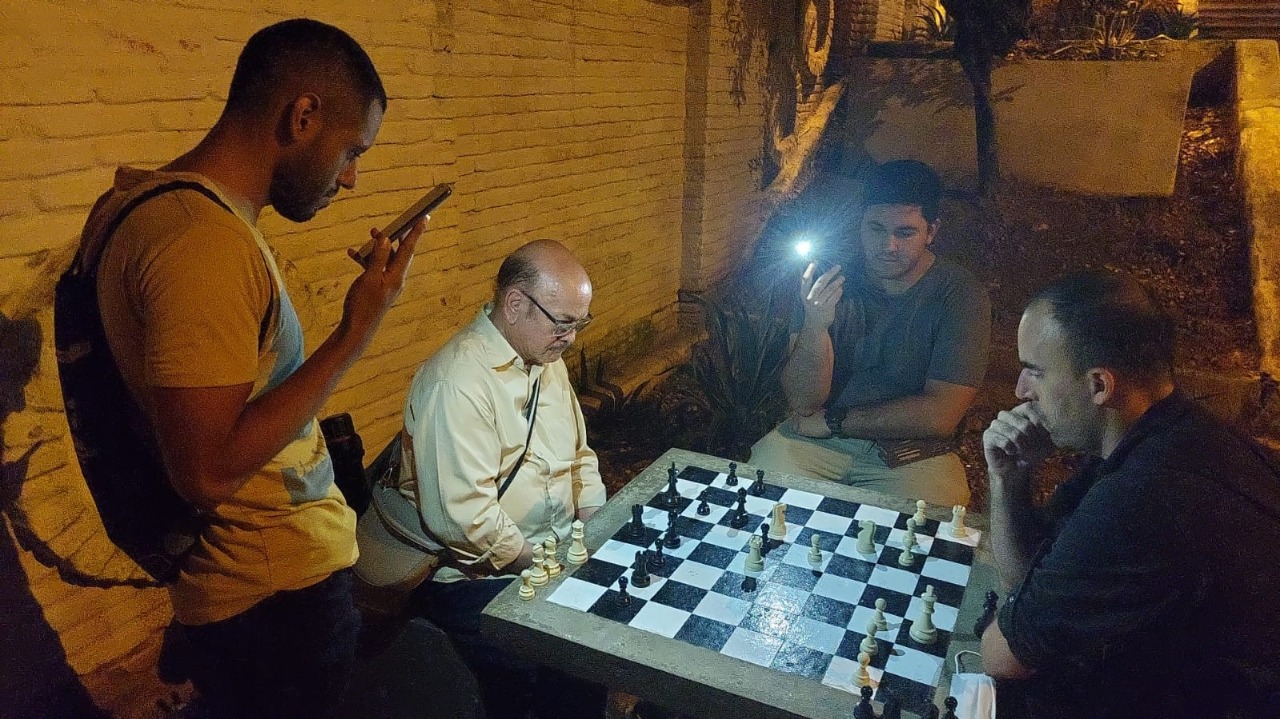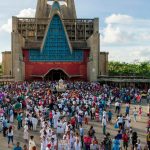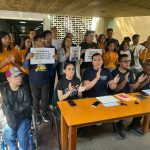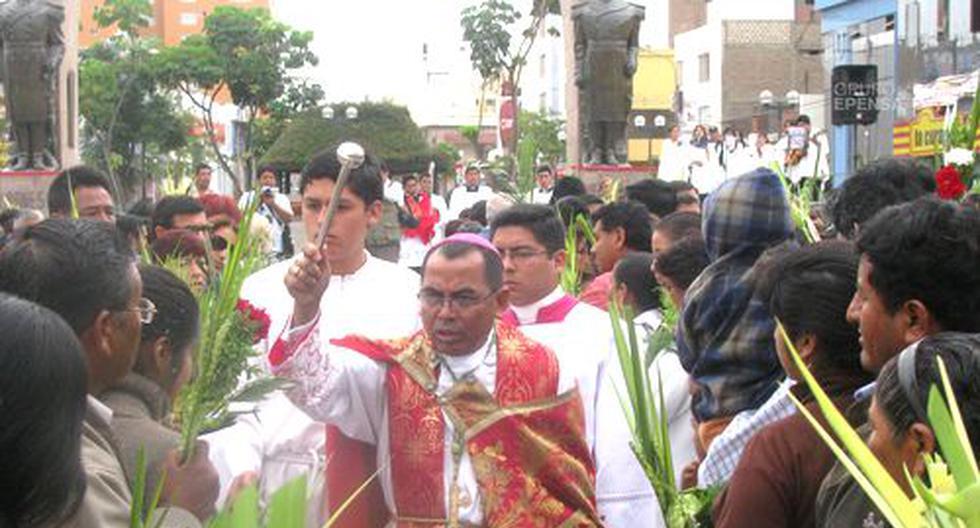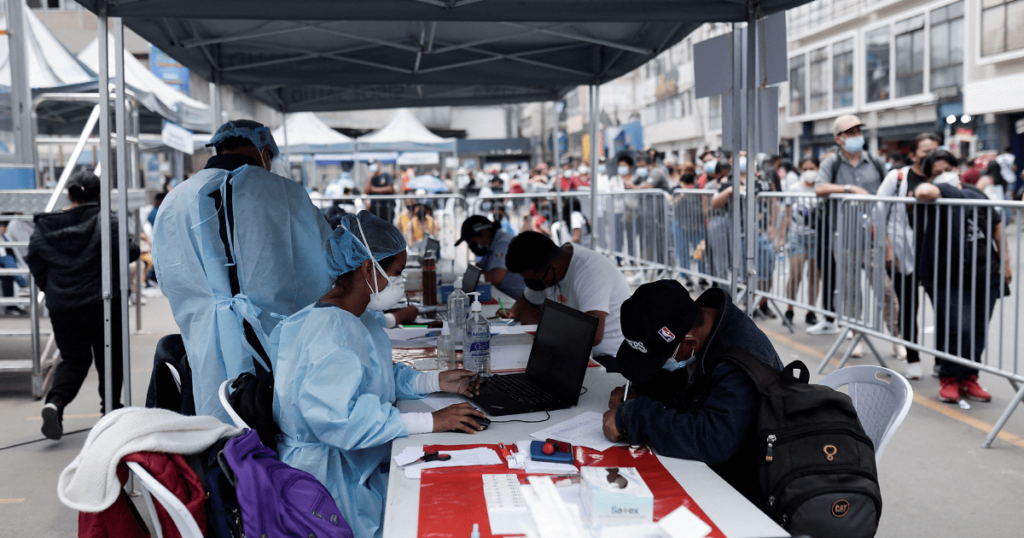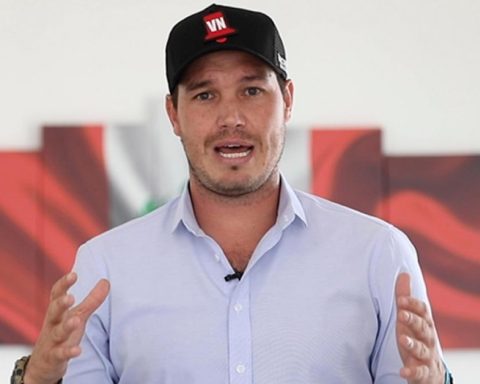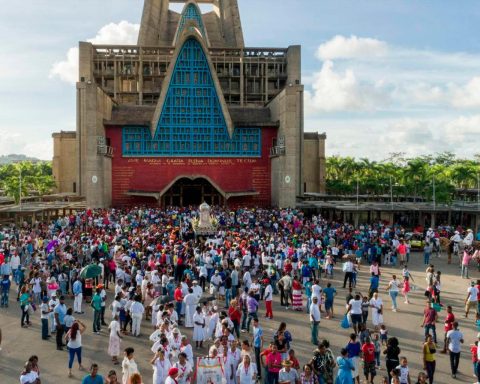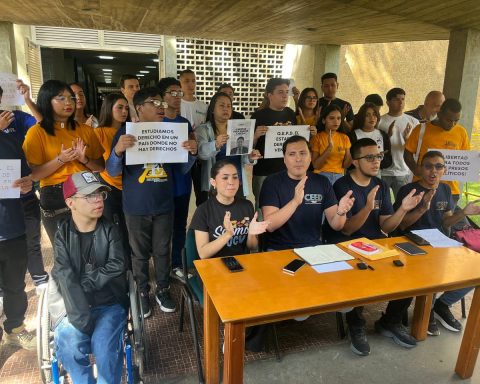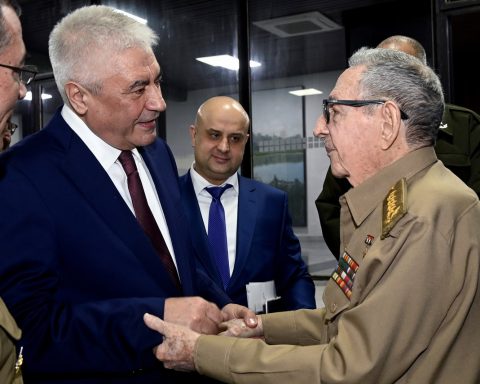The Paraguayan State continues without guaranteeing the rights of persons deprived of their liberty within the penitentiary system, shelters, police stations and a psychiatric hospital. This according to the annual report of the National Mechanism for the Prevention of Torture (MNP).
Within the Paraguayan prison system, the emergence of prison-based organized crime, the deficit in the health service, the poor performance of some public defenders, the unsuccessful fight against the abuse of preventive detention, the high percentage of people without conviction, women’s wards in men’s penitentiaries, and low investment in quality care for adolescents in conflict with the law.
The precariousness with which daily life takes place in prisons has turned them into a favorable breeding ground for the strengthening of organized crime networks within them. The riots and deaths, with subsequent territorial control of the power groups, is a reflection of the current situation. The riot with seven deaths -of which three were decapitated- in February last year at the Tacumbú National Penitentiary, left its control in the hands of internal power groups, without the Ministry, the Police or the Prosecutor’s Office having the capacity to regain administration. Some of the bodies of the deceased were recovered after the people who took control of the jail allowed their removal.
Another problem to solve is that of overcrowding in prisons, because as long as people deprived of their liberty are treated without humanity, their response, given the lack of knowledge of their rights to a dignified life in prison, will always be to search for a parallel response organization; In this context, rapprochement with organized crime appears to be the only possible path.
To this problem must be added the lack of satisfaction of rights inside the prisons, a deficient health system, with scarce personnel, without medicines and with a marked lack of interest in providing quality, close and human care,
Overcrowding goes hand in hand with the unsuccessful fight against pretrial detention abuse.
As for unsanitary conditions, the permanent lack of water or scheduled cuts in the supply make it impossible for persons deprived of their liberty to wash their hands regularly.
According to the authorities in the area of women deprived of liberty, sanitary napkins are not budgeted and their provision is the responsibility of the Coordinators and Directors, who manage the donation of these supplies, which have become luxury items inside the prison.
Indigenous people and those belonging to the LGTBI community are invisible to the system, they do not have their own pavilions and even trans women are in men’s prisons, in improvised spaces, under stairs outside the pavilions, without minimum conditions. habitability, suffering discrimination, mistreatment and sexual exploitation.
Likewise, persons deprived of liberty denounce not receiving the correct attention from their lawyers appointed by the Ministry of Public Defense.
With regard to institutionalized children and adolescents, the absence or weakness of the technical teams of the entities and the transformation centered on infrastructure is perceived, rather than the technical design of prolonged protection and institutionalization.
In shelters for adults there are inadequate infrastructures, lack of action protocols for prevention and care in relation to accidents and emergencies, and the lack of installed, safe and accessible mechanisms for the prevention and reporting of ill-treatment, negligence and torture.
In the police facilities, the detention cells or dungeons, for the most part, presented poor hygiene, with bathrooms lacking the minimum conditions that guarantee health and privacy, whose guarantees can be considered as inherent to human dignity. There are no mechanisms for detainees, their relatives or lawyers to present complaints or claims.
In relation to the Psychiatric Hospital, there is an oppression of the psychosocially disabled, and the hospital is also a prison, since the judges assign people in conflict with the law, coming from penitentiaries, in the case of having psychosocial disabilities, to be ‘interned’ together with people who have not been prosecuted or convicted.
People with psychosocial disabilities are deprived of liberty, incommunicado, treated with non-consensual medication and electroconvulsive therapy, without differentiation based on their needs and abilities, without the right to have their own place, without their own clothes, without furniture. , without personal belongings such as the cell phone; without therapeutic activities, without their safety guaranteed, without professional support and without the necessary welcome, which must be warm.
These findings were possible through the work of the National Mechanism for the Prevention of Torture (MNP), which is an institution of the Paraguayan State with functional autarchy. It was created by Law 4288/11, in accordance with the mandate of the Optional Protocol of the Convention against Torture, to prevent torture practices and protect people deprived of their liberty or in a situation of imprisonment who could suffer torture and other treatment or punishment. cruel, inhuman or degrading.
